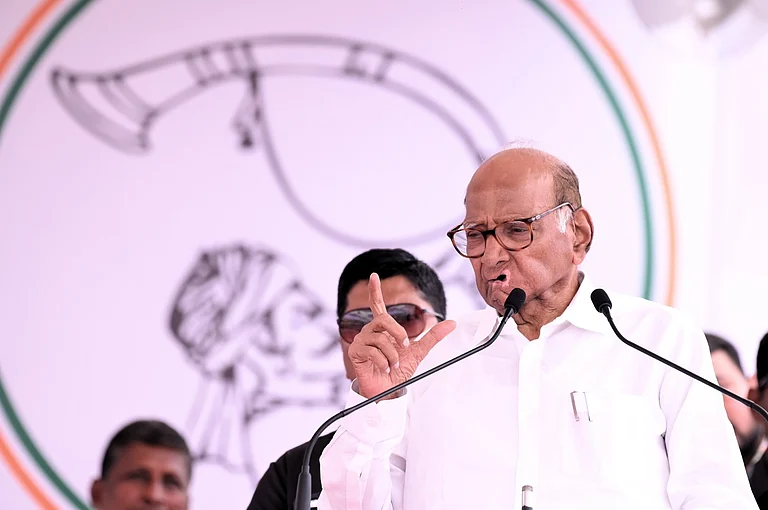The UPA government tried its best to see that the SIT for black money did not come into being. Similarly, the NDA also recently tried to scuttle its powers by asking for clarifications in the order. Both governments argue that the data in question came under double taxation avoidance agreements (DTAA) and therefore must not be revealed. This position is quite incorrect as the DTAA only ensures that tax paid on declared income is not paid in both countries. The governments have also claimed that the stolen data from the LGT Bank and from HSBC Bank was given under DTAA. However, this also cannot be true because the data was procured from the German and the French governments by paying money to former employees of these banks. Further, these were not incomes pertaining either to Germany or France and therefore can’t be covered under the DTAA with these countries.
Finally, under the DTAA there is a clause about information exchange between the countries but it mentions that data may be revealed for purposes of court. Both governments are clearly using these arguments of DTAA only to stall the embarrassment they would suffer on the revelation of names. Even the HSBC data from 2011 seems not to have been processed till now and only in three cases has prosecution been launched. This is where the importance of the SIT comes under court directions—it would speed up the process of investigation and prosecution.
In India, black income generation is now 50 per cent of the GDP. So this year, Rs 65 lakh crore of black income will be generated. Of this, over 10 per cent goes abroad (a portion returns via round-tripping, like through the participatory note route or the Mauritius route). Of the amount that remains abroad, a portion is consumed in buying luxury items, education and health. It is also spent on investment in land, businesses and industry. What remains in liquid form in banks is only a small portion of the flight of capital from the country.
The idea Narendra Modi gave that each family could get Rs 15 lakh was very seductive but the truth is that now the BJP has to face the consequences of this false promise as well as the failure of expectations of the public. The information revealed to the SIT is a good beginning but it’s just a start. There are lakhs of rich and corrupt Indians who hold capital abroad; only 627 names have come to the government. If the government is serious, it must try to unearth these lakhs of other names. For this, the government would have to take action against MNC banks like HSBC who have been operating like hawala operators. Further, action is needed against hawala operators in the country who enable capital to be taken out of the country. The problem is here in India and it must be tackled here, even to bring funds held abroad back to the country.
(as told to Arushi Bedi)
The author is Professor, Centre for Economic Studies and Planning, Jawaharlal Nehru University; E-mail your columnist: arunkumar [AT] mail.jnu.ac [DOT] in






















